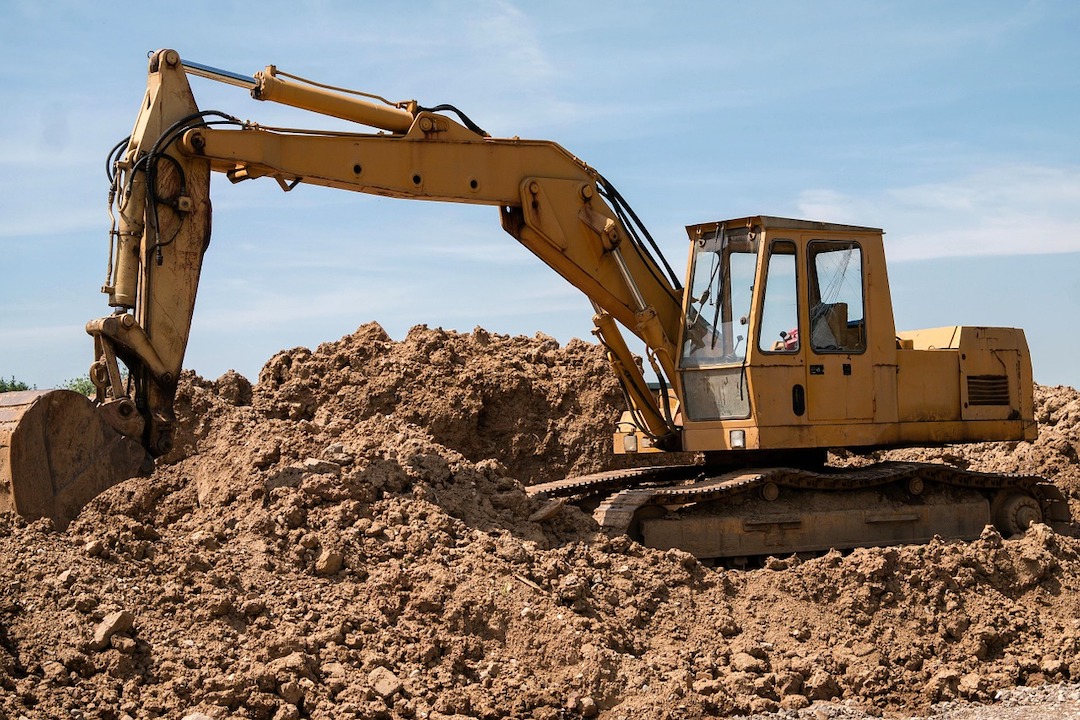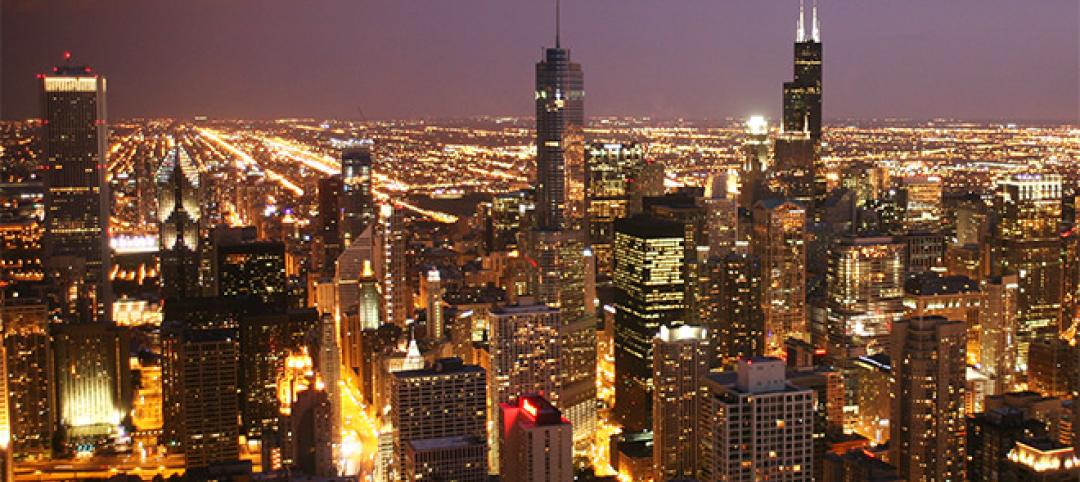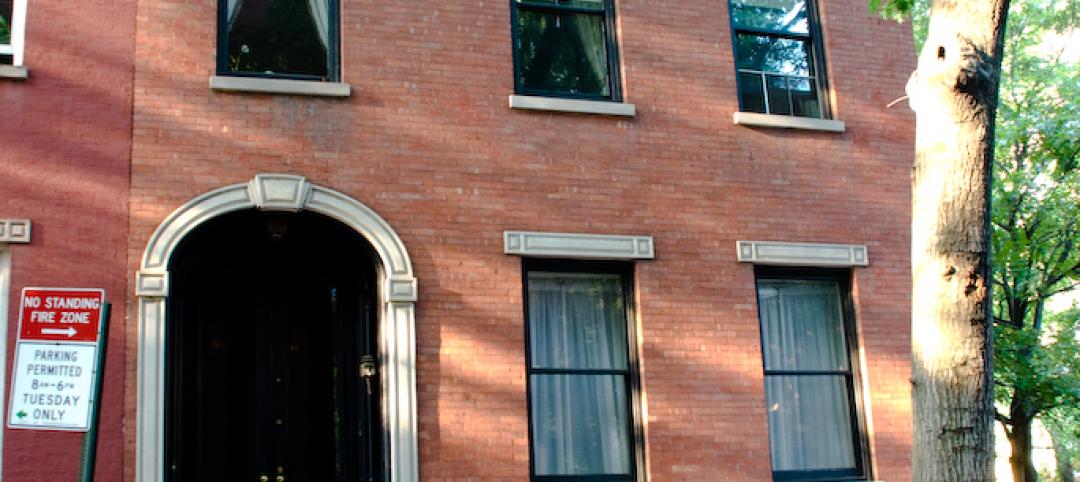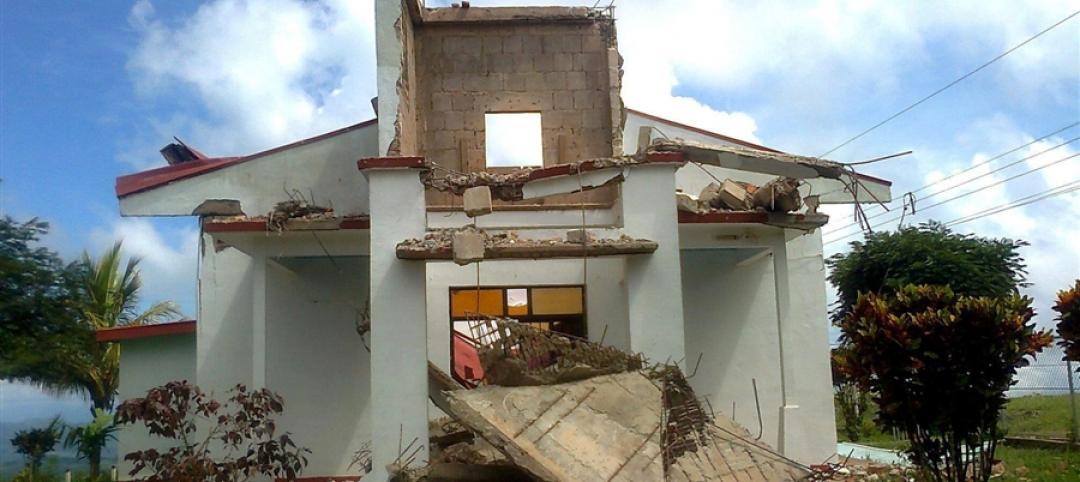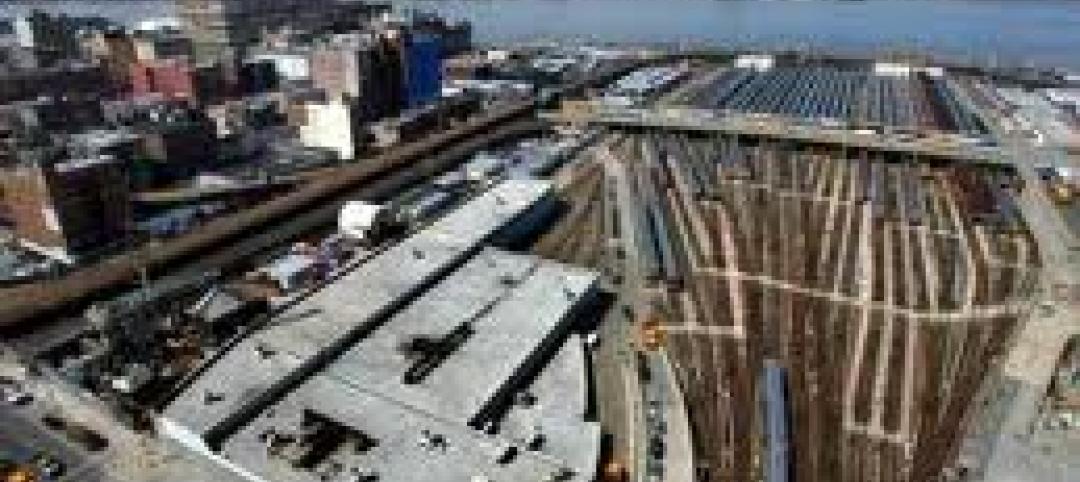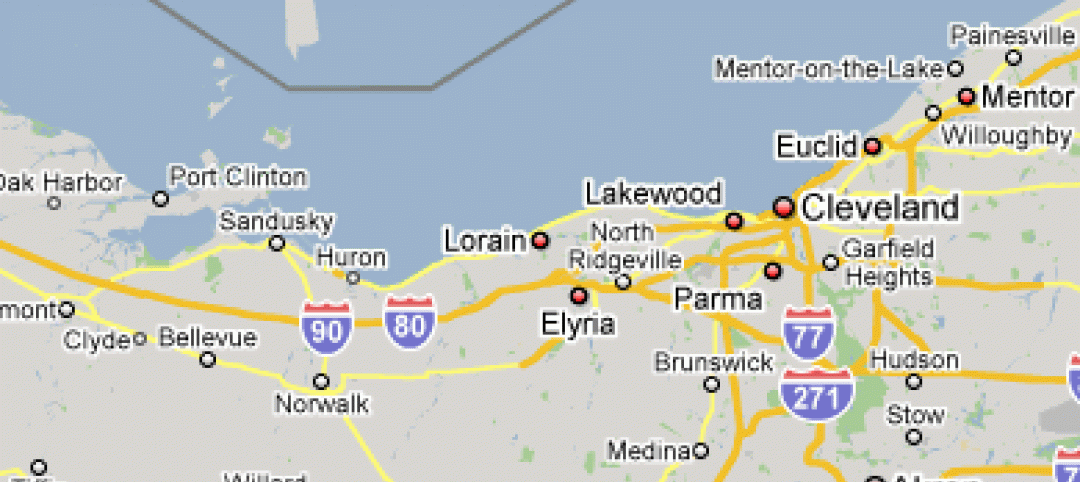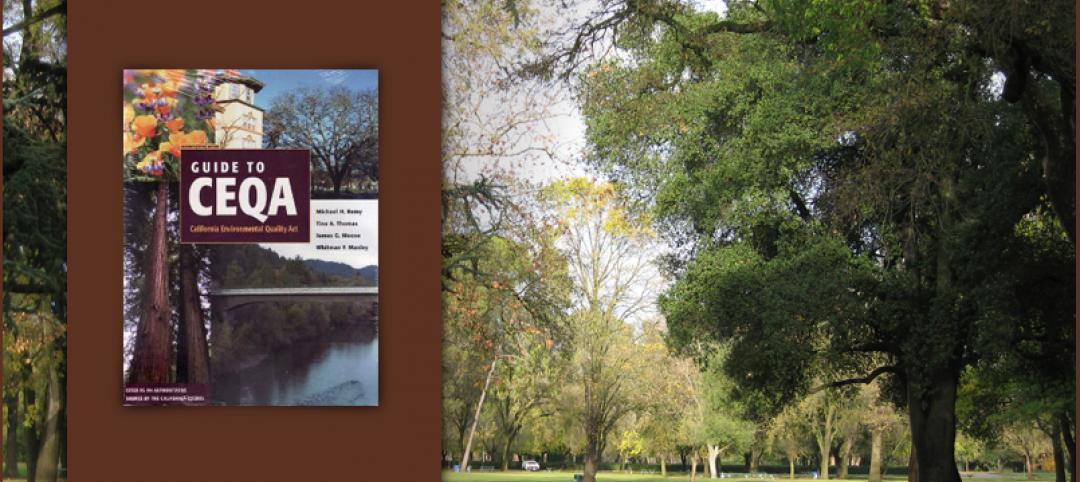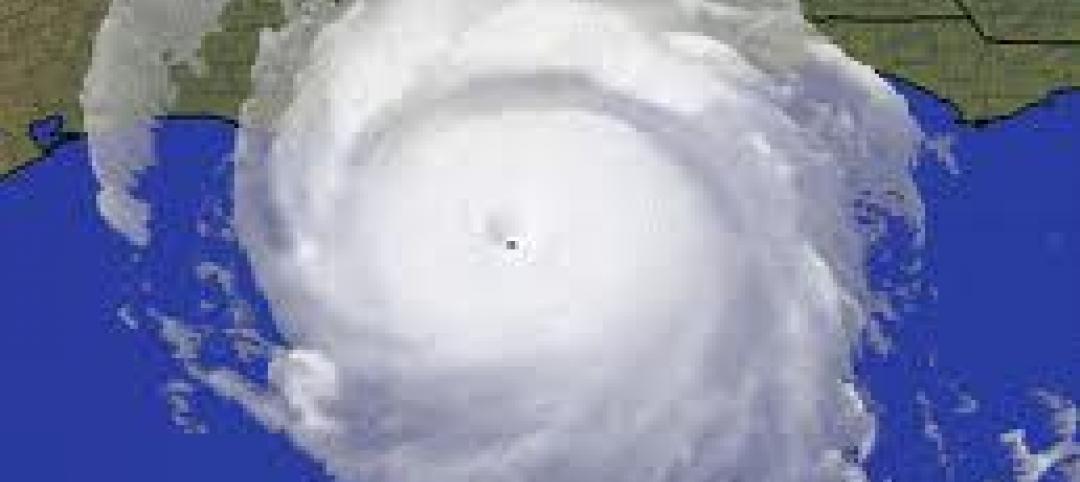The nation’s 811 utility location system is significantly flawed, according to a new survey of construction firms that perform underground excavation work.
The survey report, released by the Associated General Contractors of America, found that more than half of the responding firms reported damages and near misses because lines were unmarked or marked incorrectly. “Most contractors say that calling 811 often leads to inaccurate line marking and that utility firms are often very slow in coming out to locate and mark their underground lines,” according to an AGC news release.
Seventy-eight percent of firms who found weaknesses said the biggest problem is the lack of accurate utility locating by utility owners and operators. And 56% of firms with concerns about the 811 system said slow utility owner and operator response times are a significant weakness.
Many firms reported being unfairly blamed for damages even after contacting 811. The survey found that nearly two-thirds of contractors received a claim from a utility owner and operator for damage to a line the construction firm was not responsible for damaging.
“We need to fix the 811 system to make sure utility firms are doing their part to accurately mark their lines,” said Stephen E. Sandherr, AGC CEO. “Too few utility firms are being held accountable for doing their part when it comes to helping contractors avoid hitting underground lines.”
Related Stories
| Sep 14, 2012
To create more pedestrian-friendly neighborhoods, Chicago unveils safety plan
As more urban mixed-use and residential developments aim to encourage residents to walk and use mass transit, cities are addressing pedestrian safety.
| Sep 14, 2012
Worker killed in Brooklyn building collapse; overloaded floor decking blamed
One worker was killed after he and others plunged 40 feet through an unfinished upscale Brooklyn townhouse building.
| Sep 14, 2012
NRCA University offers photovoltaic class
NRCA University will offer a class called “Photovoltaic Roof Systems: Energizing Your Business” Oct. 16 in Philadelphia.
| Sep 14, 2012
Costa Rica’s strict building codes prevent major damage in powerful quake
The relatively little damage from a 7.6 earthquake was due in large part to strict building codes in Costa Rica, a country that has long enjoyed more stability, better governance, and stronger economic development than many of its Central American neighbors.
| Sep 14, 2012
Building codes should require continuous connection from roof to foundation, says IBHS chief
“One of the most effective ways to greatly increase a building’s strength and safety during hurricanes, tornadoes and straight-line windstorms is to be sure the building is tied together properly,” says Julie Rochman, president and CEO of the Insurance Institute for Business & Home Safety (IBHS).
| Sep 7, 2012
Related Companies and unions agree to wage-cutting deal on Hudson Yards
The Related Companies has won wage-cutting agreements with four dozen construction unions in its efforts to save money on the $15 billion development of Hudson Yards.
| Sep 7, 2012
Lorain, Ohio considers halting downtown construction while it works out development plan
Construction would stop downtown for six months while Lorain, Ohio officials consider a development plan for the city, according to new legislation.
| Sep 7, 2012
Business, labor groups push for easing of California’s Environmental Quality Act
Business and labor groups have combined forces to push for a change to California's Environmental Quality Act, specifically its complex review process for building and construction projects.
| Sep 7, 2012
Twenty years later, Florida contractors cite Hurricane Andrew as construction game-changer
Remarking on the 20th anniversary of Hurricane Andrew, which devastated south Florida; contractors are noting the storm’s impact on their industry—including the state’s adoption of tougher building codes.
| Sep 7, 2012
At risk for nine types of natural disasters, Texas trails most coastal states on building codes
Texas has the most diverse weather risk in the country, with exposure to nine different types of natural disasters.


